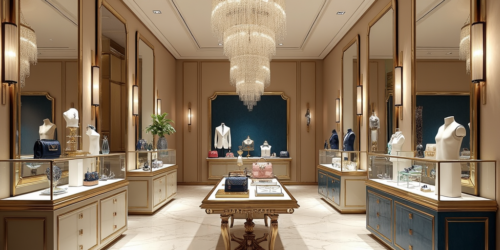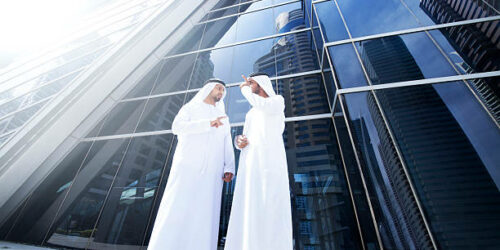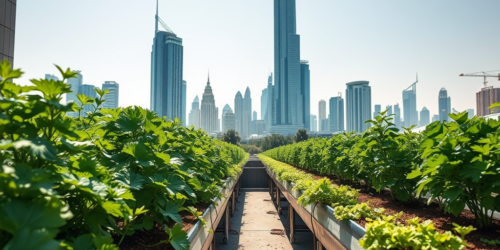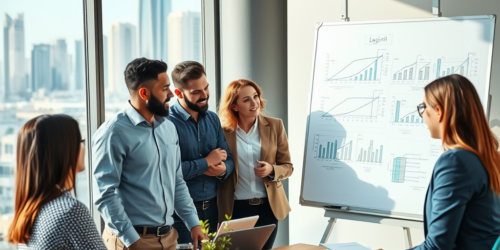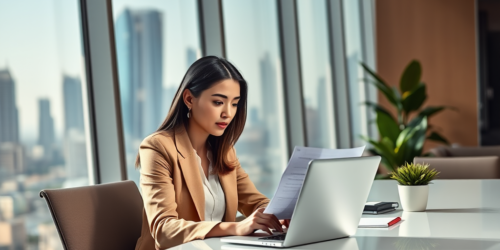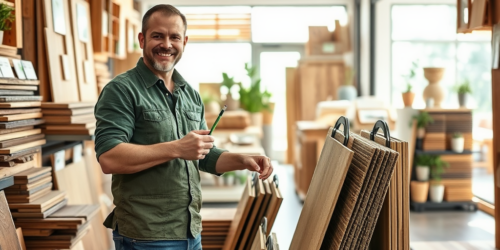Investing in Dubai’s Green Building and Sustainable Real Estate Market
Dubai is making a significant push towards sustainability, making it an attractive destination for investors interested in green building and sustainable real estate. The United Arab Emirates (UAE) has set ambitious goals to reduce its carbon footprint and promote eco-friendly initiatives, urging innovative projects that balance modern living and environmental responsibility. This article will explore the various aspects of investing in Dubai’s burgeoning green building sector, highlighting its benefits, challenges, and potential for growth.
The Growth of Sustainable Real Estate in Dubai
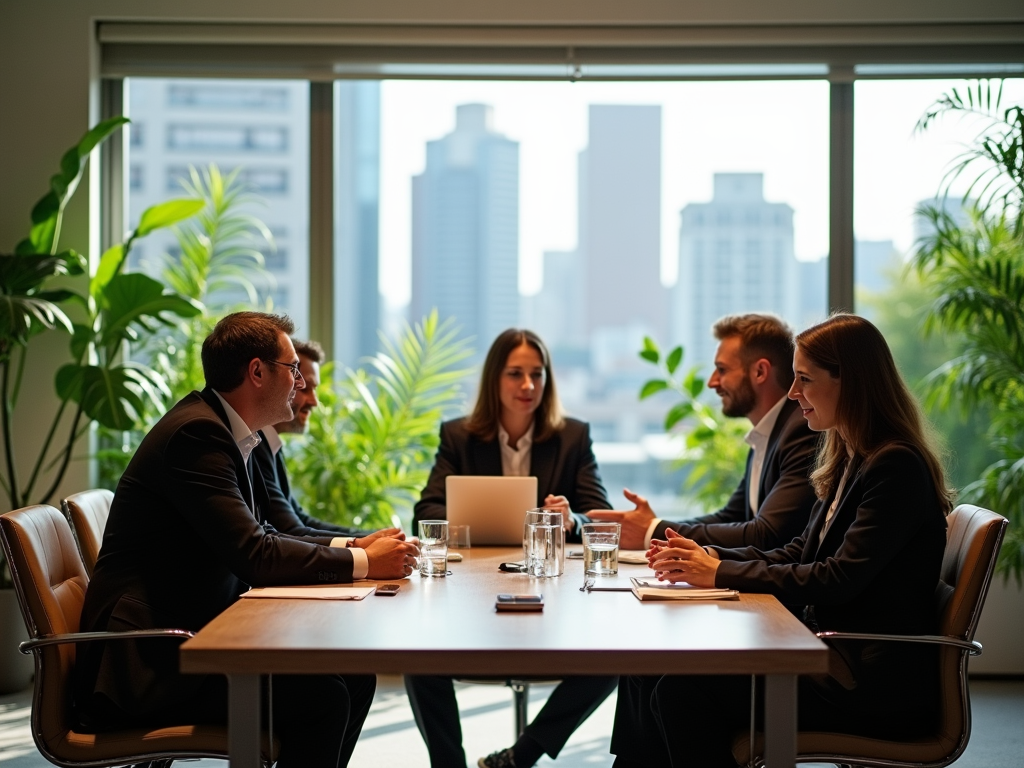
The sustainable real estate market in Dubai is rapidly evolving, driven by both government regulations and market demand. As the global emphasis on sustainability grows, investors are increasingly recognizing the allure of eco-friendly properties. The Dubai government has laid the groundwork for this transition through various initiatives, including the Dubai Clean Energy Strategy 2050 and the Dubai Sustainable City project. Key factors fueling this growth include:
- Government Incentives: The UAE is providing tax breaks and subsidies for green projects.
- Increased Awareness: Rising environmental concerns are steering both buyers and tenants towards green options.
- Technological Advancements: Innovations in building materials and energy efficiency are more available.
- Global Trends: A worldwide shift towards sustainable living is influencing investor choices.
- Diverse Investment Opportunities: Projects span residential, commercial, and mixed-use developments.
Benefits of Investing in Green Real Estate
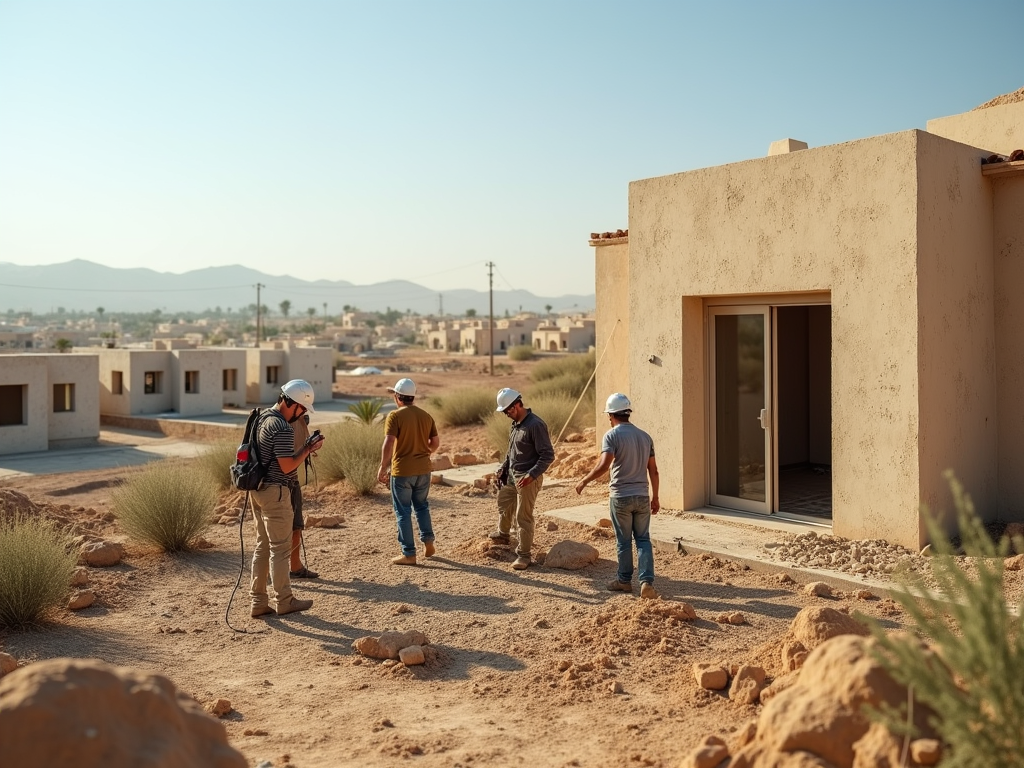
Investing in Dubai’s green building market comes with a multitude of benefits, enticing both local and international investors. The primary advantages include:
- Enhanced Property Value: Green buildings often command higher resale values and rents due to their sustainability credentials.
- Lower Operating Costs: Energy-efficient features lead to reduced utility expenses, providing a direct financial benefit to property owners.
- Attracting Tenants: Eco-friendly properties appeal to a growing demographic of environmentally conscious tenants and homeowners.
- Compliance with Regulations: Aligning with local sustainability policies helps avoid potential fines and comply with future regulations.
- Long-term Resilience: Sustainable investments are better equipped to handle environmental changes and regulatory shifts.
While the benefits of investing in Dubai’s green building sector are enticing, there are also challenges that prospective investors should be aware of. Some of these challenges include:
- Higher Initial Costs: Green buildings may require larger upfront investments for sustainable technologies and materials.
- Market Perception: Some investors still question the long-term viability and return on investment of green buildings.
- Limited Knowledge and Expertise: There may be a scarcity of professionals with adequate knowledge in sustainable building practices.
- Regulatory Environment: While there are incentives, the legal framework for green building can be complex.
- Technological Risks: Rapid advancements in technology could lead to obsolescence of certain green solutions.
Future Trends in Dubai’s Green Real Estate Market
As Dubai continues to position itself as a global hub for sustainable living, the future trends in its green real estate market are promising. Key trends expected to shape the industry include:
- Integrative Urban Planning: Future developments will emphasize more integrated urban designs that prioritize sustainability.
- Adoption of Smart Technologies: Increased use of IoT devices for monitoring energy usage and efficiency.
- Focus on Resilience: Buildings will increasingly prioritize resilience against environmental challenges such as extreme heat and flooding.
- Community-Centric Developments: There will be a trend towards creating communities that foster sustainable living and collaboration among residents.
- Global Partnerships: Collaborations with international green technology firms will enhance innovation in the market.
Conclusion
Investing in Dubai’s green building and sustainable real estate market represents a forward-thinking approach to property development. With the right mix of government support, innovative technologies, and growing market demand, stakeholders can expect fruitful returns in the long run. Although challenges exist, the benefits and global trends indicate a strong future for sustainable investments in this vibrant city. As Dubai aims for an eco-friendly future, investors have a unique opportunity to be part of a transformative journey towards sustainability.
Frequently Asked Questions
1. What is the definition of a green building?
A green building is designed, constructed, and operated in a way that reduces negative impacts on the environment and human health through energy efficiency, sustainable materials, and water conservation.
2. Are there incentives for investing in sustainable real estate in Dubai?
Yes, the Dubai government offers various incentives, including tax benefits and subsidies for projects that comply with sustainability standards and regulations.
3. What types of properties are considered green in Dubai?
Green properties include residential homes, commercial buildings, and mixed-use developments that incorporate eco-friendly designs, renewable energy sources, and sustainable materials.
4. How do green buildings impact energy consumption?
Green buildings are designed to be more energy-efficient by using advanced technologies and sustainable materials, leading to significantly lower energy consumption and costs.
5. What is the long-term outlook for the sustainable real estate market in Dubai?
The long-term outlook for the sustainable real estate market in Dubai is very positive, driven by government policy, market demand, and a global shift towards sustainable living.
